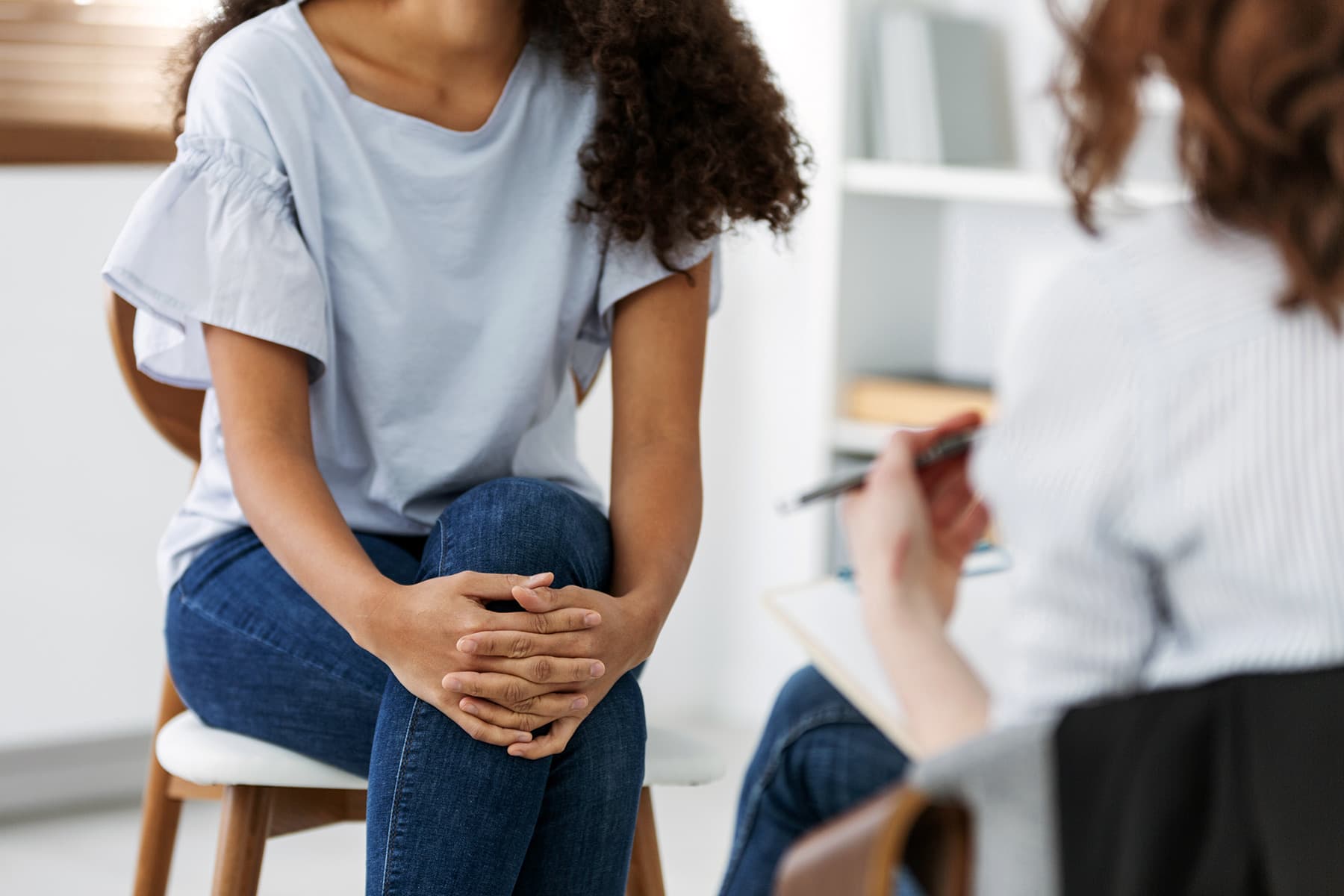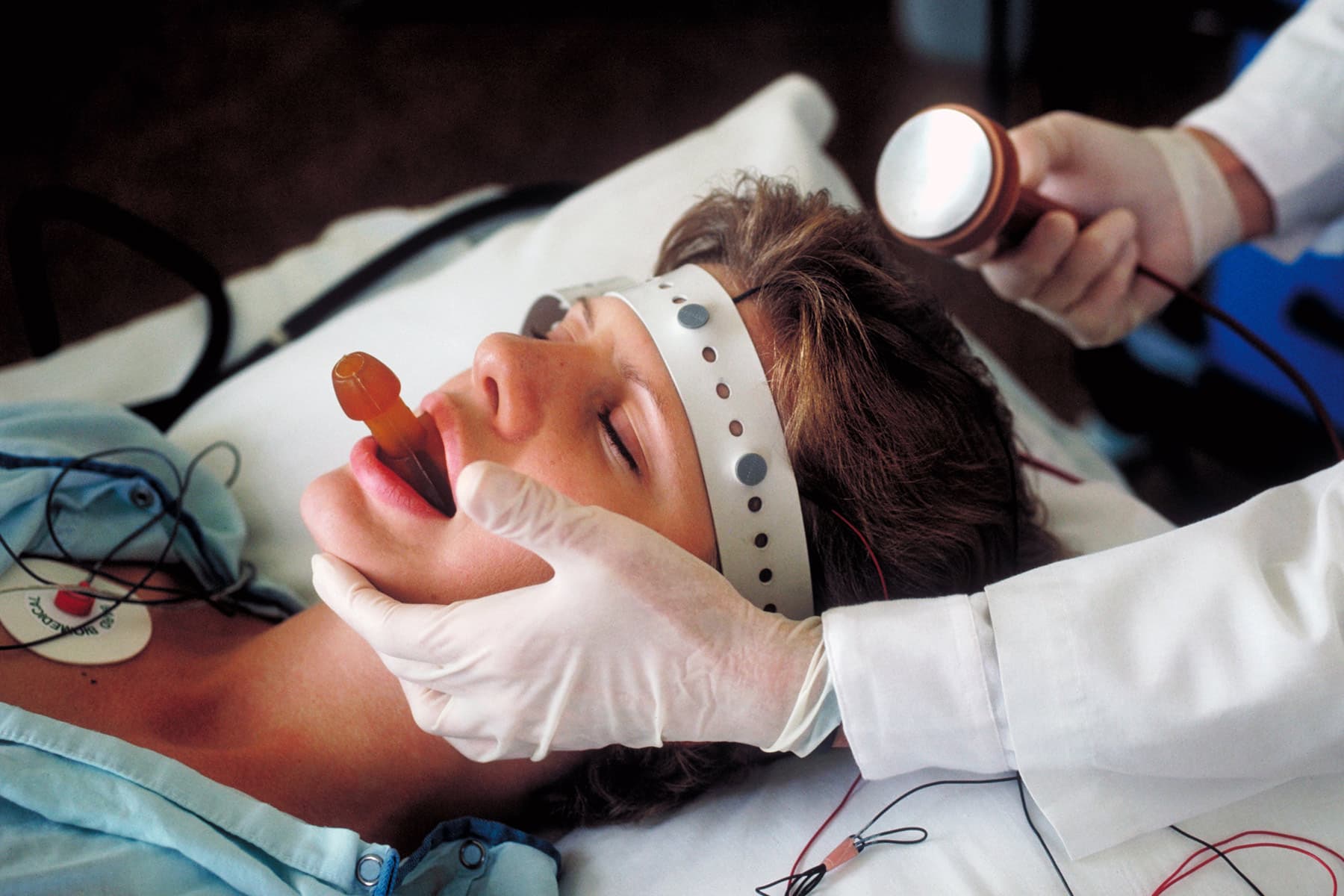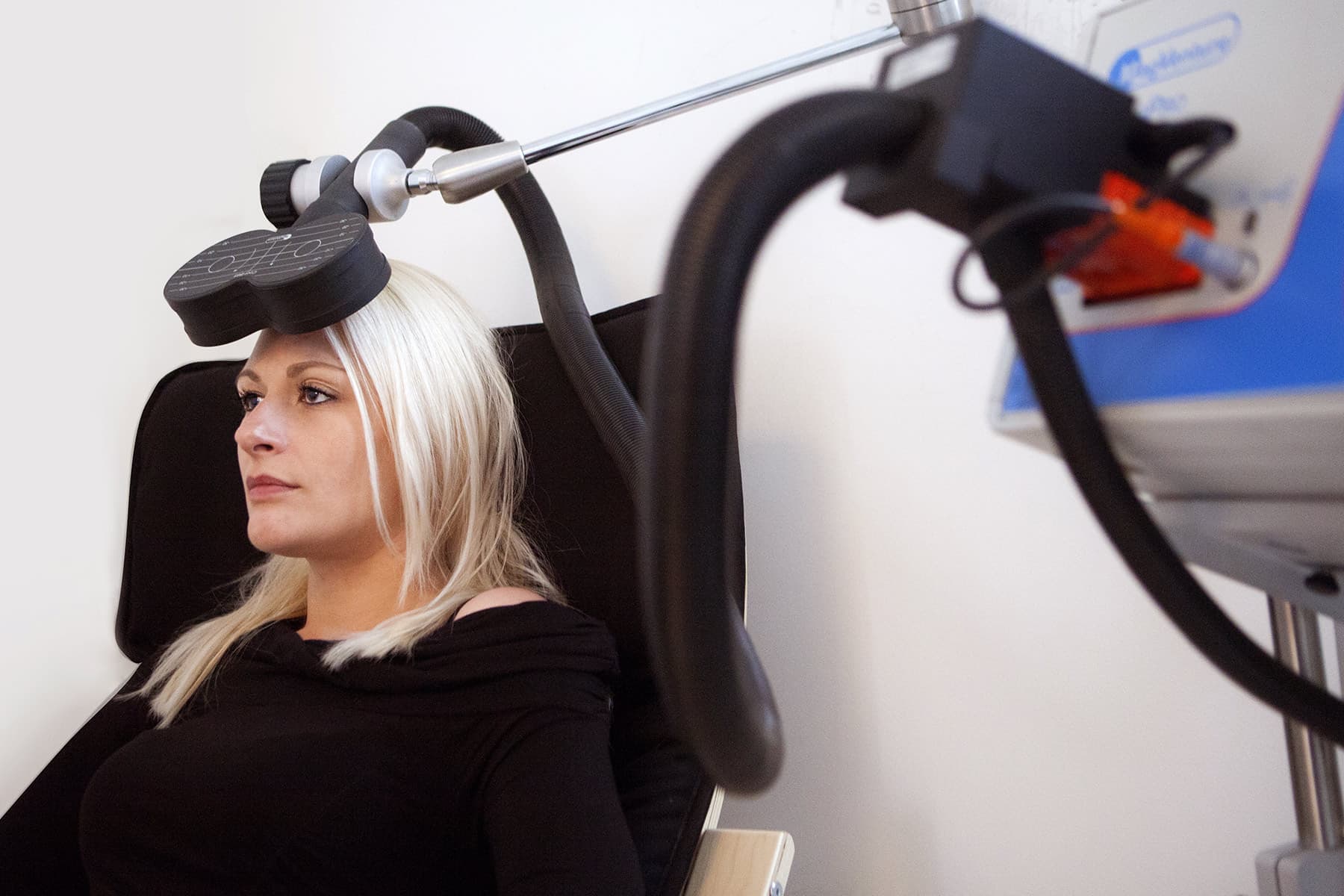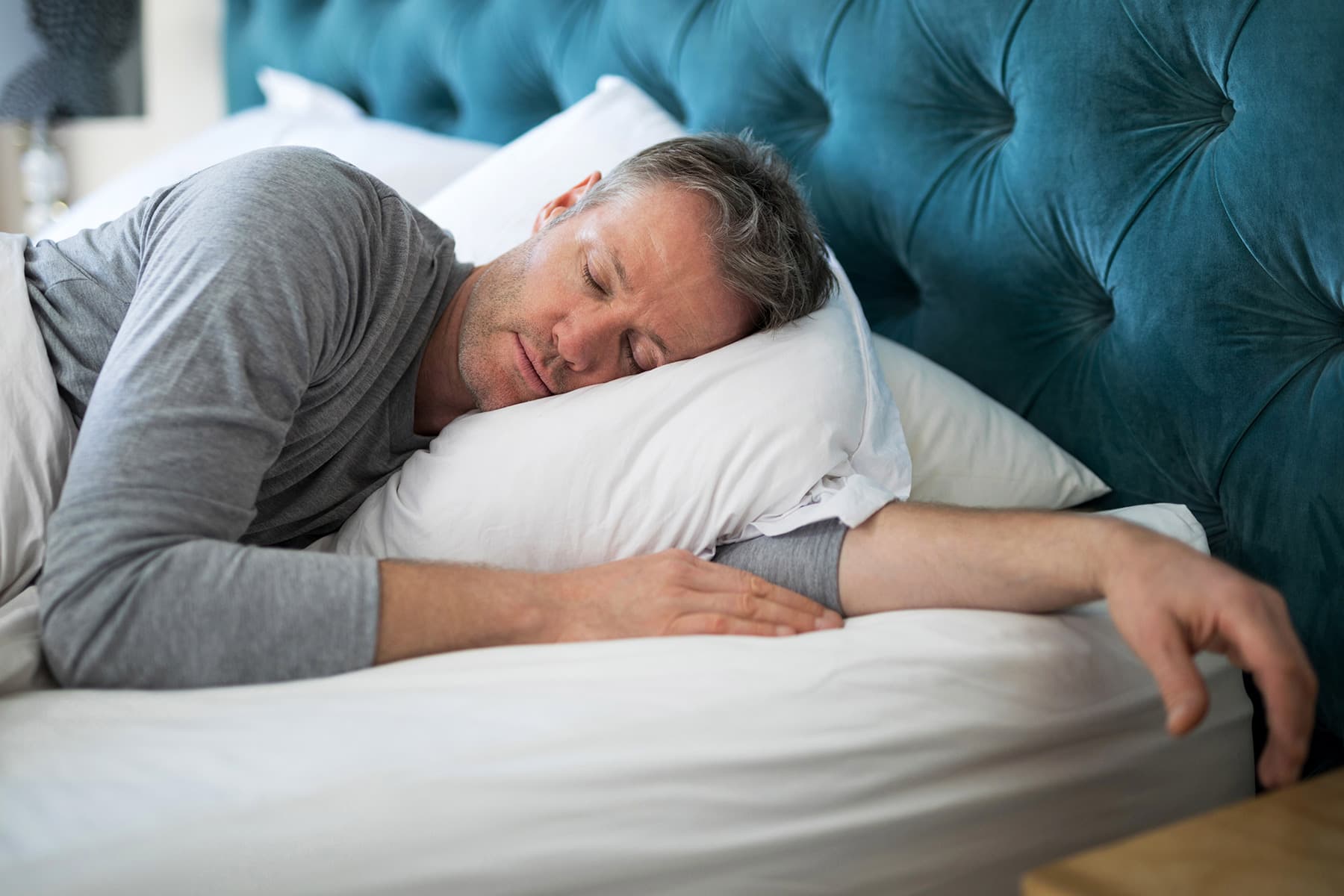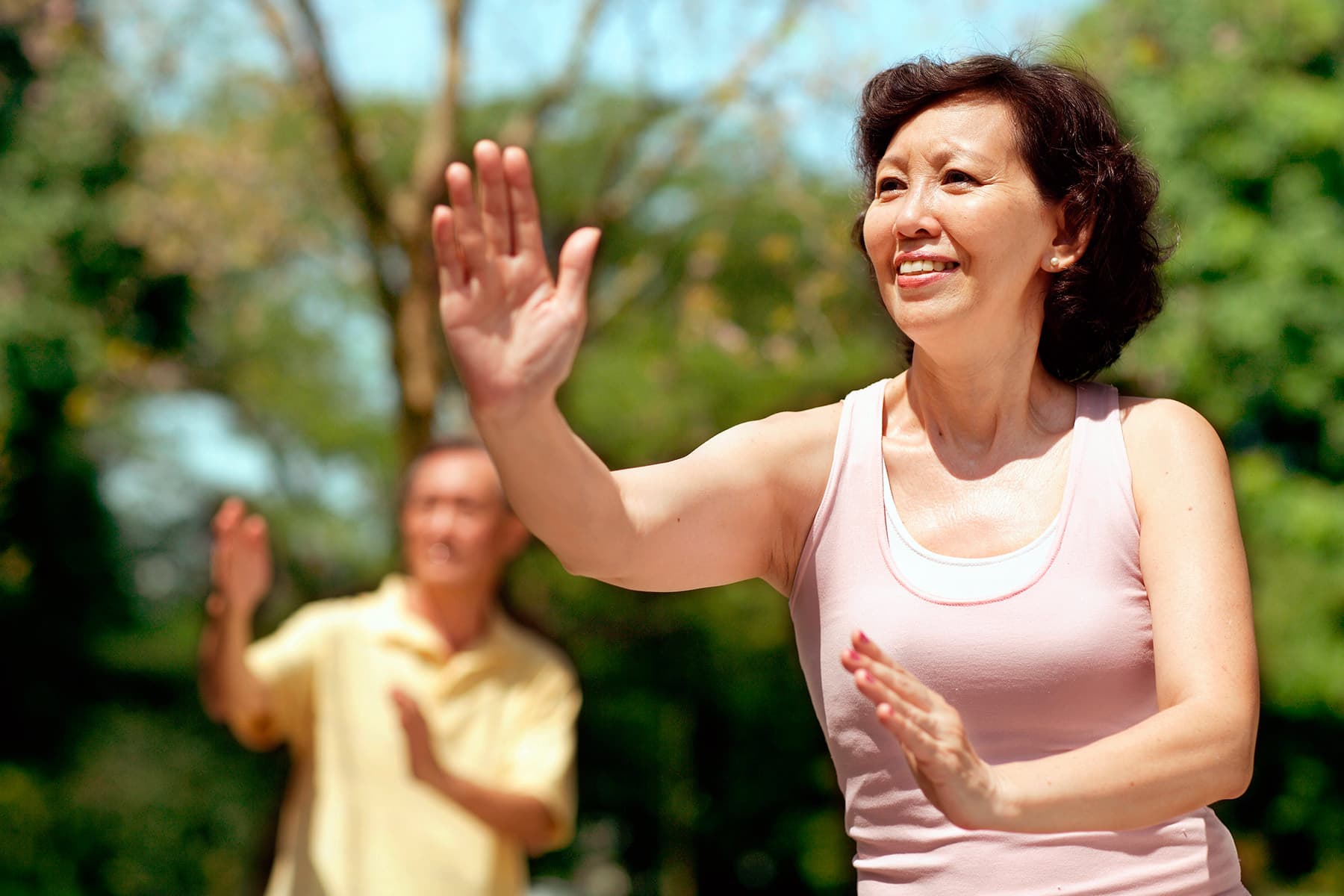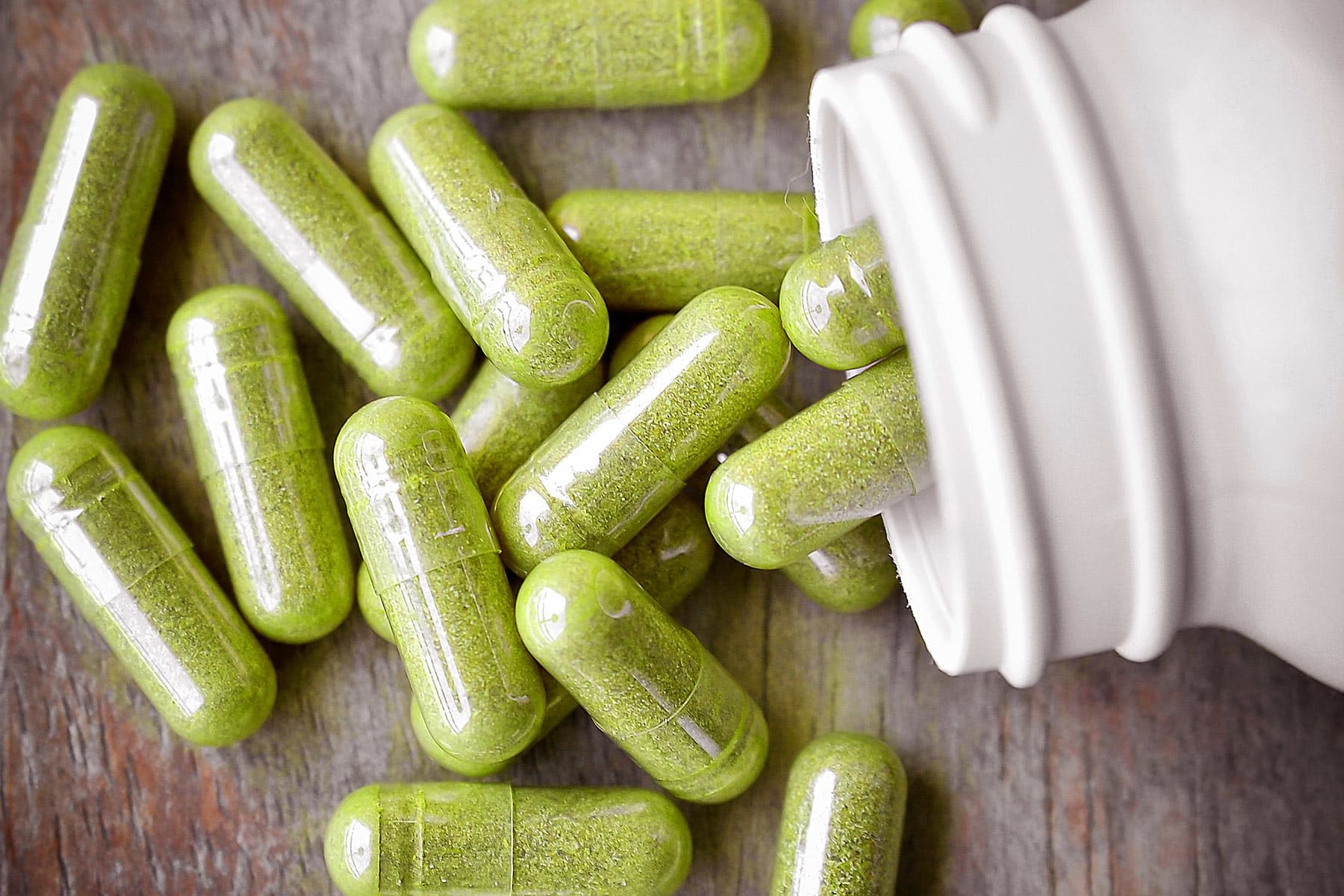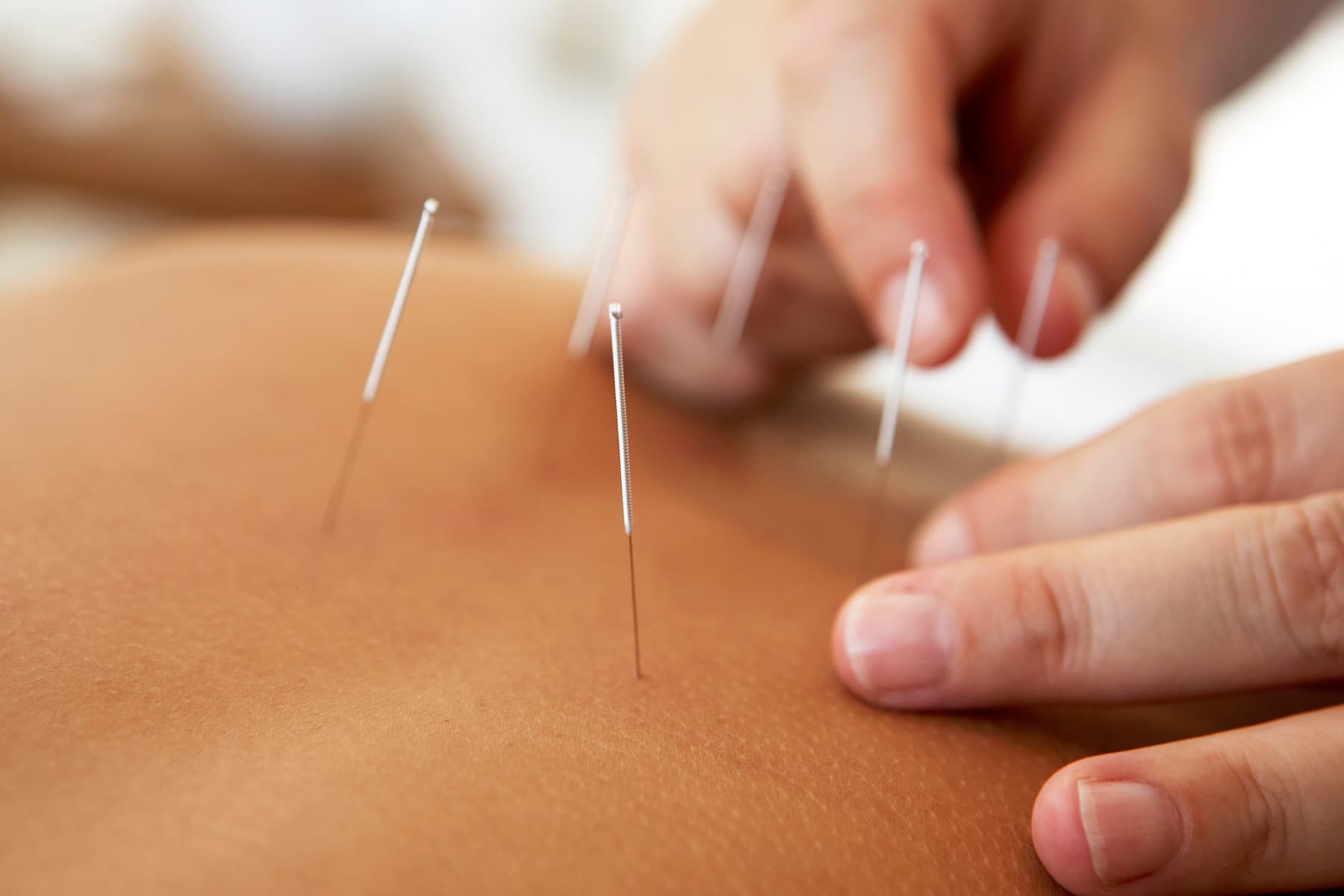Non-Medicine Treatment Options to Help Major Depressive Disorder

Sources Medically Reviewed on 03/16/2023 Reviewed by Smitha Bhandari, MD on March 16, 2023
IMAGES PROVIDED BY:
1) KatarzynaBialasiewicz / Getty Images
2) Aamulya / Getty Images
3) Jacob Ammentorp Lund / Getty Images
4) Will McIntyre / Science Source
5) Amélie Benoist / Science Source
6) Wavebreakmedia / Getty Images
7) fstop123 / Getty Images
8) Fuse / Getty Images
9) Totojang / Thinkstock
10) rez-art / Thinkstock
11) BananaStock / Thinkstock
Cleveland Clinic: “Electroconvulsive Therapy,” “Depression: Alternative Therapies.”
Michigan Medicine, Department of Psychology: “Repetitive Transcranial Magnetic Stimulation.”
Mayo Clinic: “Depression (major depressive disorder),” “Tai chi: A gentle way to fight stress.”
CDC: “Mental Health Conditions: Depression and Anxiety,” “How much physical activity do adults need?” “Healthy Eating for a Healthy Weight.”
National Institute of Mental Health: “5 Things You Should Know About Stress.”
Narcolepsy Network: “Practice Good Sleep Hygiene.”
SleepFoundation.org: “How Blue Light Affects Kids’ Sleep.”
American Psychological Association: “What Is Cognitive Behavioral Therapy?
Psychiatry Research: “Dietary patterns and depression risk: A meta-analysis.”
American Family Physician: “Depression and Anxiety Disorders: Benefits of Exercise, Yoga, and Meditation.”
Systematic Reviews: “A systematic review of St. John's wort for major depressive disorder.”
Medicine: “Role of Ginkgo biloba extract as an adjunctive treatment of elderly patients with depression and on the expression of serum S100B.”
Reviewed by Smitha Bhandari, MD on March 16, 2023
This tool does not provide medical advice. See additional information.
THIS TOOL DOES NOT PROVIDE MEDICAL ADVICE. It is intended for general informational purposes only and does not address individual circumstances. It is not a substitute for professional medical advice, diagnosis or treatment and should not be relied on to make decisions about your health. Never ignore professional medical advice in seeking treatment because of something you have read on the WebMD Site. If you think you may have a medical emergency, immediately call your doctor or dial 911.
Health Solutions From Our Sponsors
- Penis Curved When Erect?
- Could I have CAD?
- Treat Bent Fingers
- Treat HR+, HER2- MBC
- Tired of Dandruff?
- Benefits of CBD
- Rethink MS Treatment
- AFib-Related Strokes
- Risk of a Future DVT/PE
- Is My Penis Normal?
- Relapsing MS Options
- Liver Transplants Save Lives
- Finance Plastic Surgery
- Bent Finger Causes
- Living With Psoriasis?
- Missing Teeth?
